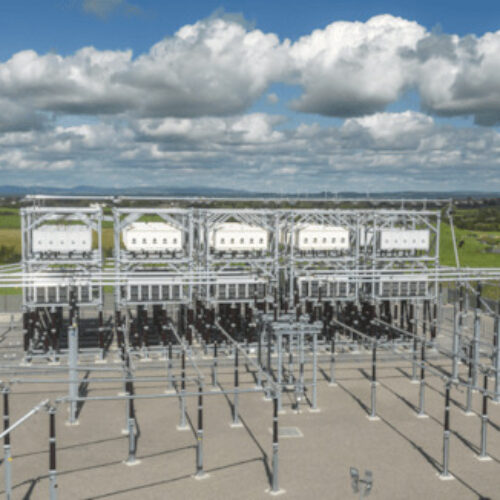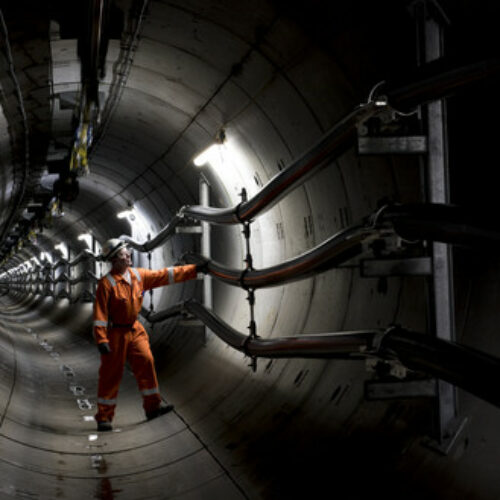Over the weekend, the UK hit a new milestone, with a record-breaking period of negative energy prices caused by a surge in wind power.
Current± spoke to Phil Hewitt, EnAppSys founder and executive director, about the event, how the grid reacted and negative pricing as the future of the energy sector.
How significant was the record in wind generation at the weekend?
The wind generation record is important. It’s a signpost on the journey to more decarbonisation, what was the really interesting thing was how the prices reacted.
We’ve not seen that prolonged period of negative prices; it was more than 12 hours of negative pricing in the wholesale market. People were basically giving energy away for free because there was so much wind on the system.
How did the grid react to the surge?
Generally, they just have to switch off the wind farms because there’s not enough demand for them, and also to an extent some of them are in the wrong location like southern Scotland. But increasingly, a lot of these offshore wind farms have actually got good connections in the grid.
So it just shows how the electricity market is changing, that we will have periods where we’re basically swamped with free electricity. That means people will be paid to consume it.
In the future that will drive people filling their batteries up, whether that’s affluent people with batteries in their houses or maybe some people who use power differently. During that whole event at the weekend we were copied into a lot of tweets, saying things like ‘I did my washing overnight because I was being paid to do it.’
That is kind of the future. Because if we’re going to decarbonise there will be periods when we have free electricity we have to use.
Are we already seeing EVs and such make a difference in these situations?
There’s no discharge from EVs that’s really on a commercial scale yet, so there’s no vehicle-to-grid, which is [when] you can plug them into the wall and they can actually empty their batteries into the network, but there is more work about smart charging of EVs.
EnAppSys is involved in the project with Ecotricity, GenGame and Newcastle University where we’re actually trying to encourage people to charge their cars up when there’s a lot of wind on the system, a lot of solar on the system. Every energy supplier ultimately will have [an app that] will encourage you to charge your car when the grid is green, because when the grid is green, this is also what it is cheapest.
How much more flexibility do you think we’ll need to manage soaring renewables like this for the future?
Increasingly these kind of prices encourage people to build a different kind of flexibility and to build more storage. That then means they will absorb the power, and then let the power out when the prices go back up again.
There’s two ways of flexibility that can do that. One way is batteries that absorb the power, or the other way is like virtual batteries just by scheduling your load. So in a household, you could schedule your load, you can do your washing overnight, charge your EV overnight.
That kind of flexibility for absorbing power is important. But people use flexibility in terms of a meeting a shortage on the system usually, that’s when people talk about flexibility. And that’s when there’s not enough renewable generation.
Do you think we should ever get to a situation when people say flexibility and it could mean equally a shortage or an excess because of growth in renewables?
It’s two sides of the same coin, but the moment people are building flexibility for high prices. As a company, we do a lot of showing data. The other thing we do is consultancy around batteries. What we tell patrons is you don’t really make money on the high prices, you make money charging cheaply.
That’s kind of the business model for batteries; it is not to sell high, it’s to charge low, charge on the little wind on the system, because the high prices will be taken by burning fossil fuels. That absorbing of power when it’s super cheap- that’s more of interest.
Presumably in your conversations going forward, this weekend will be a great example of that?
Oh, yeah, it’s a good example. For the first time ever this weekend, we actually had negative prices in the day ahead auction, which is something that’s never happened in Britain before. This has happened in continental markets, and certainly in Germany a lot when they have really large amounts of excessive wind and solar, but never before in GB, so that was another milestone this weekend.




